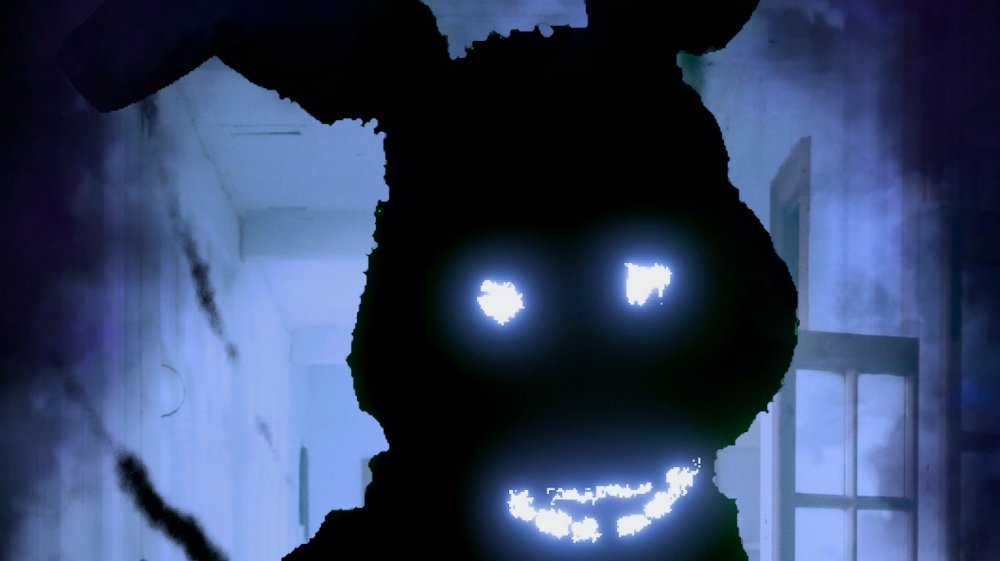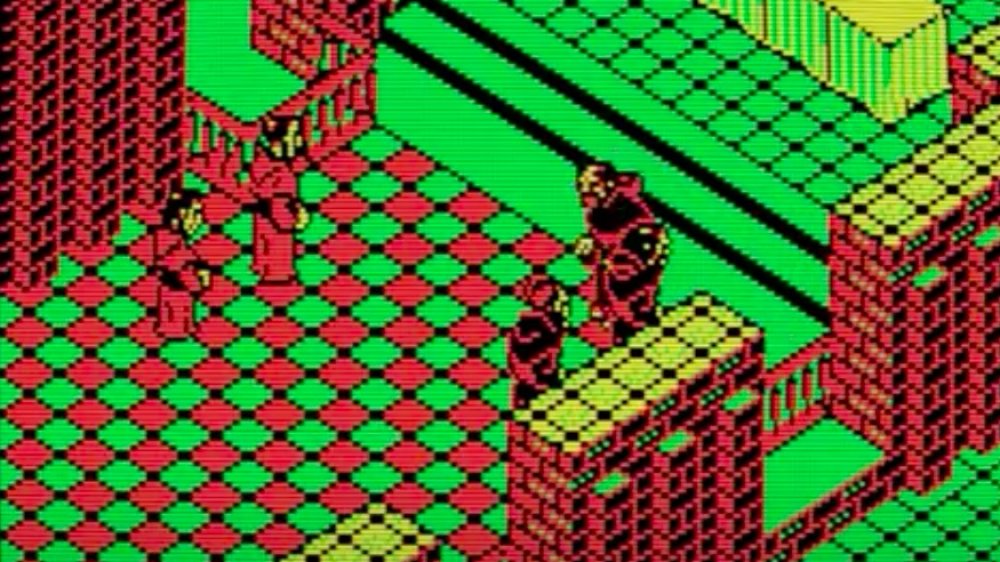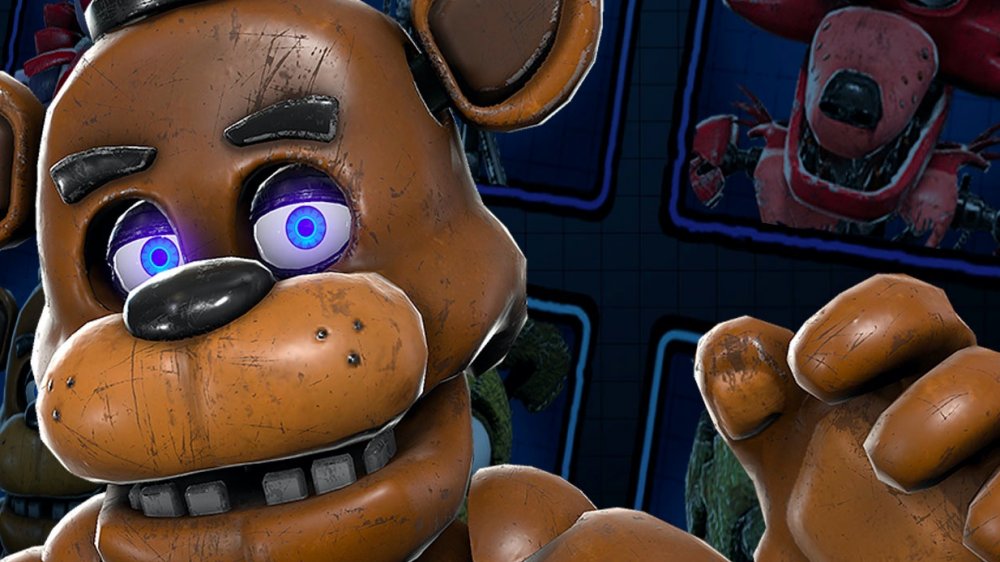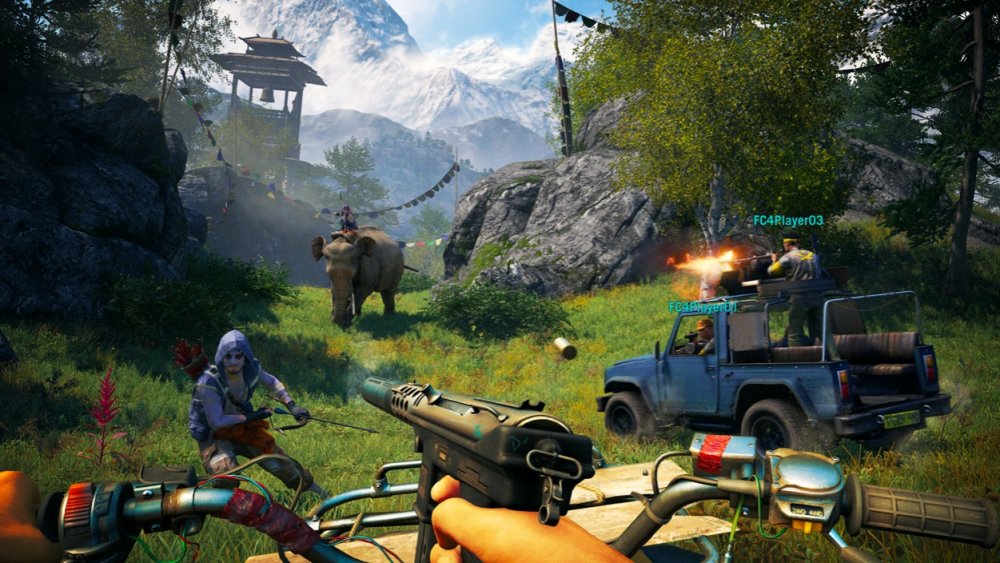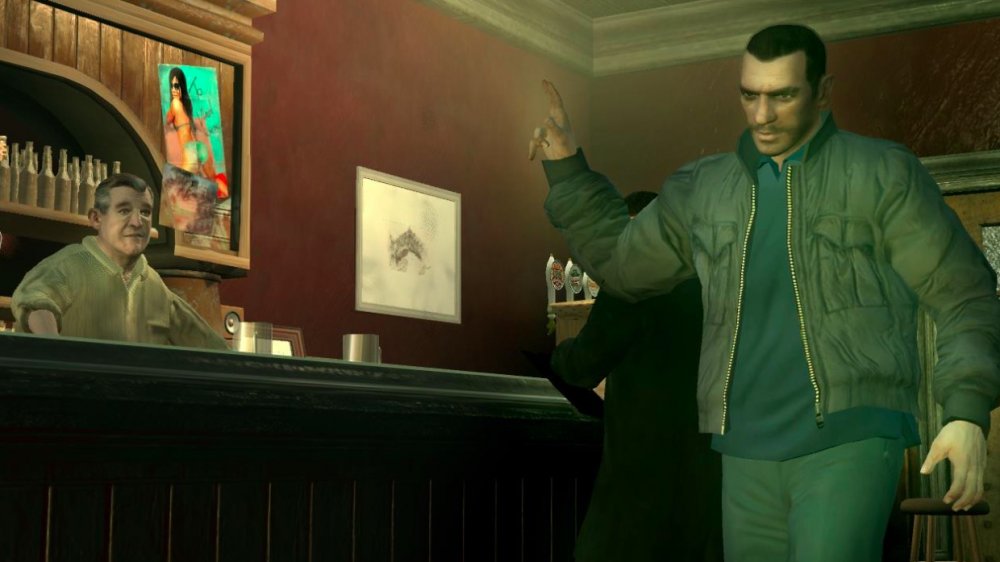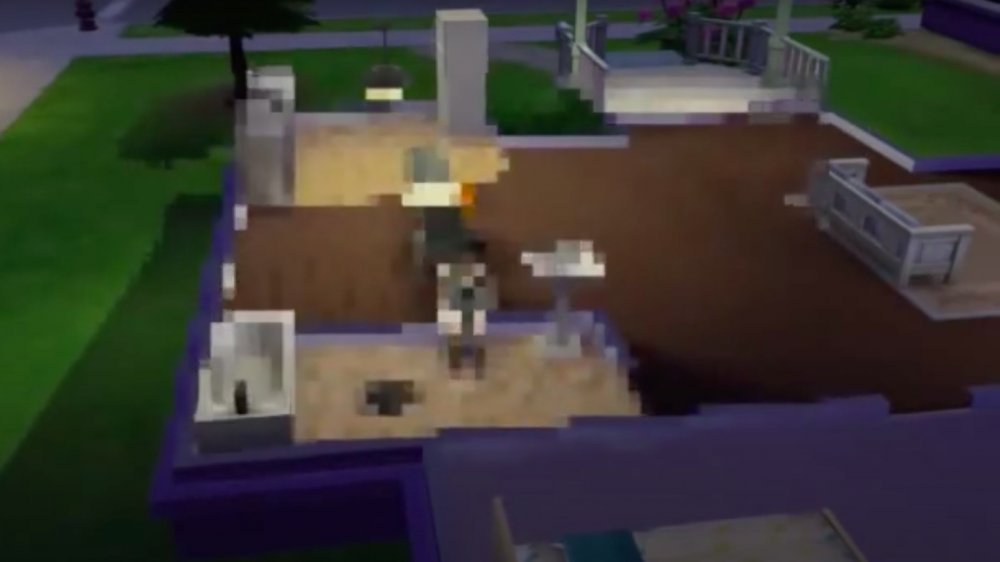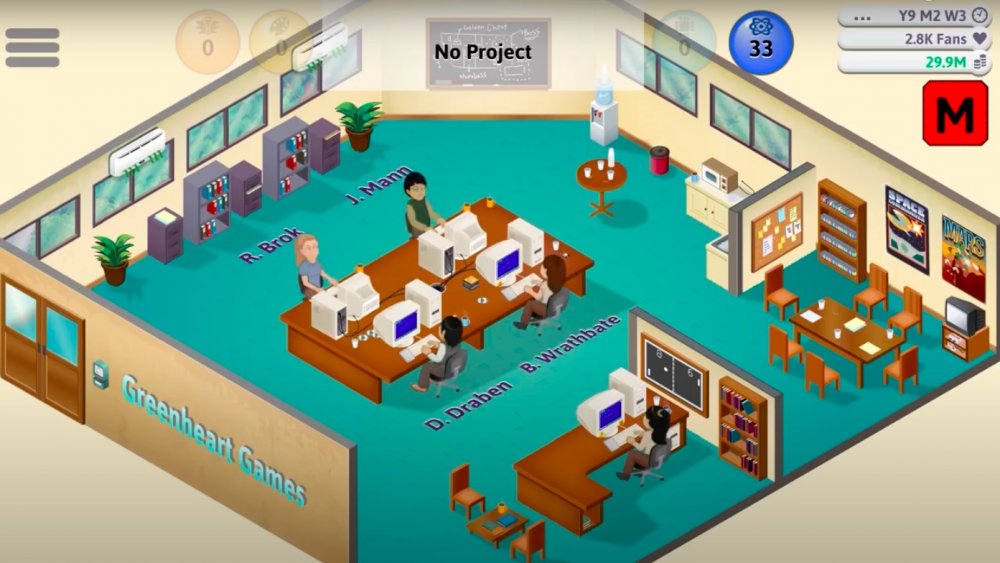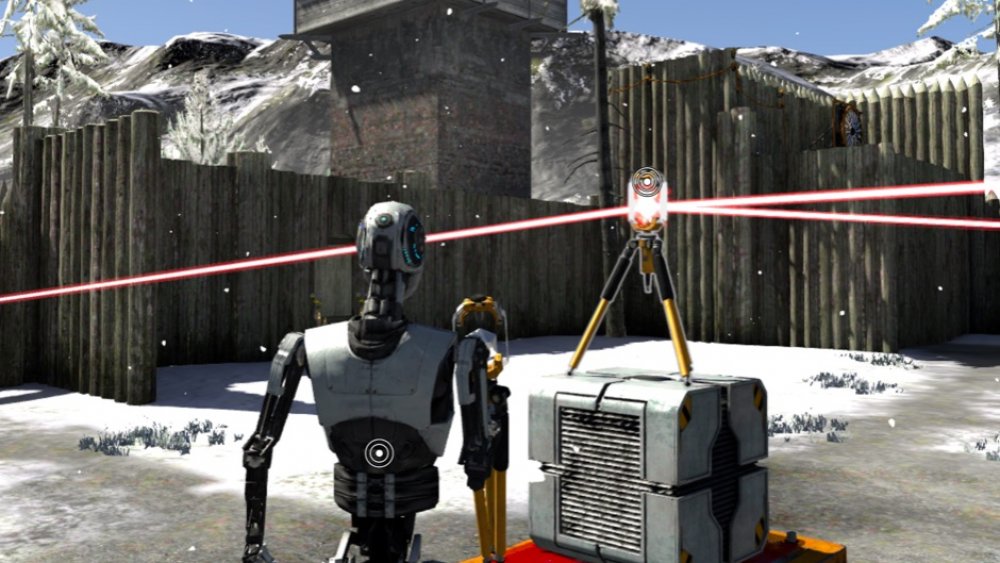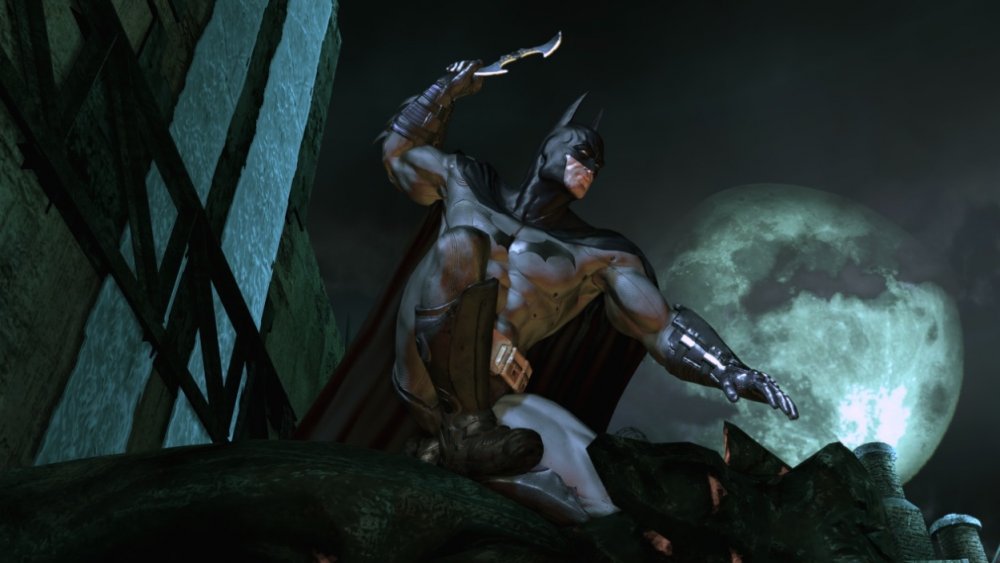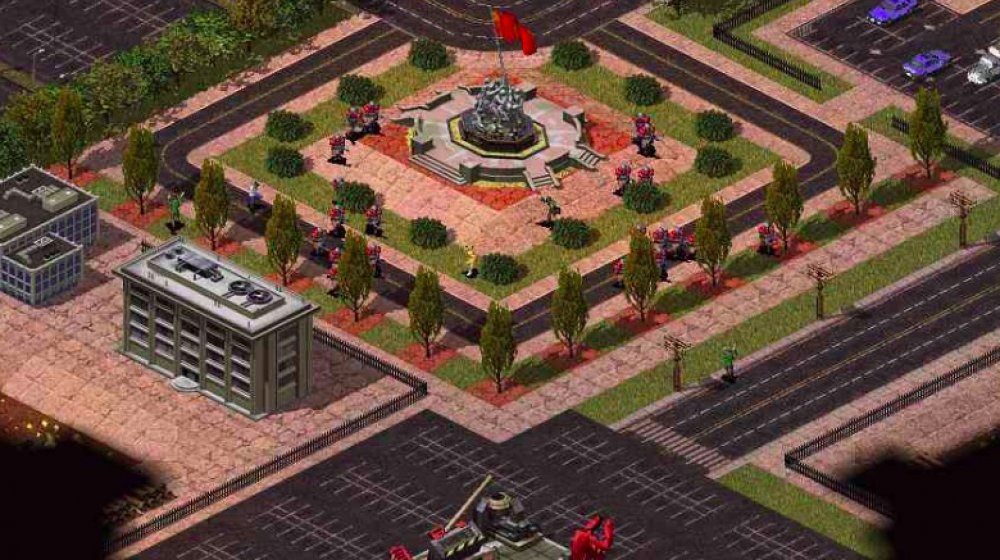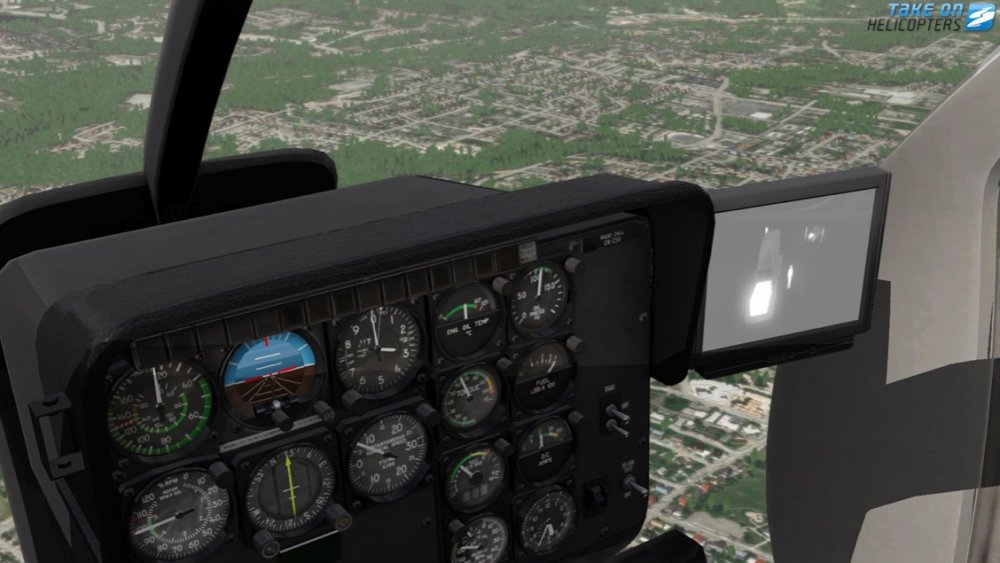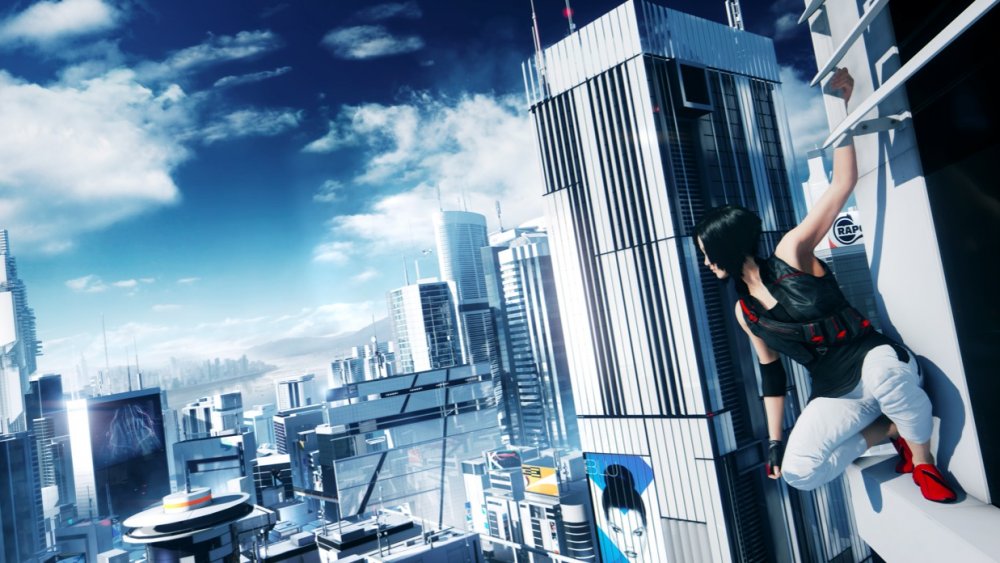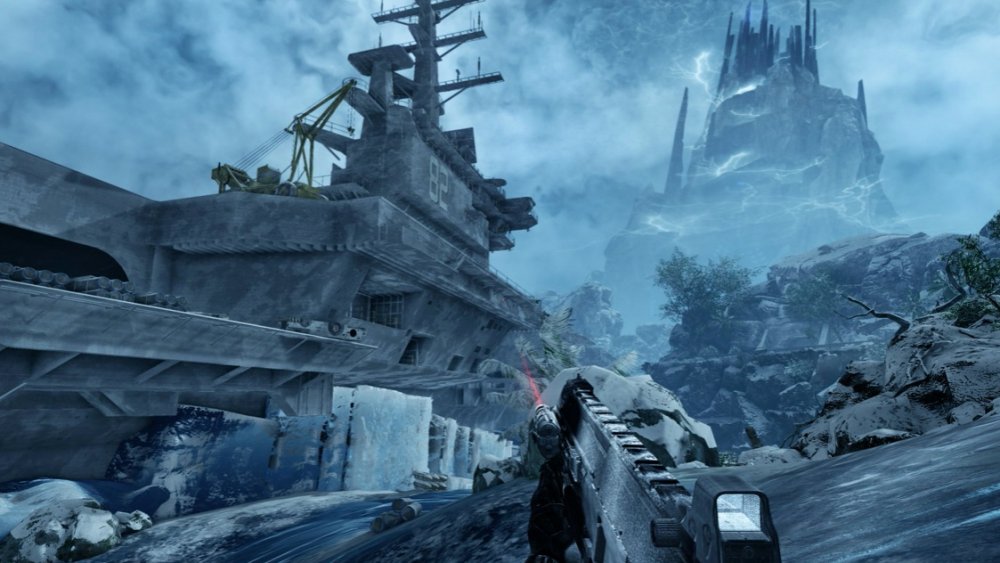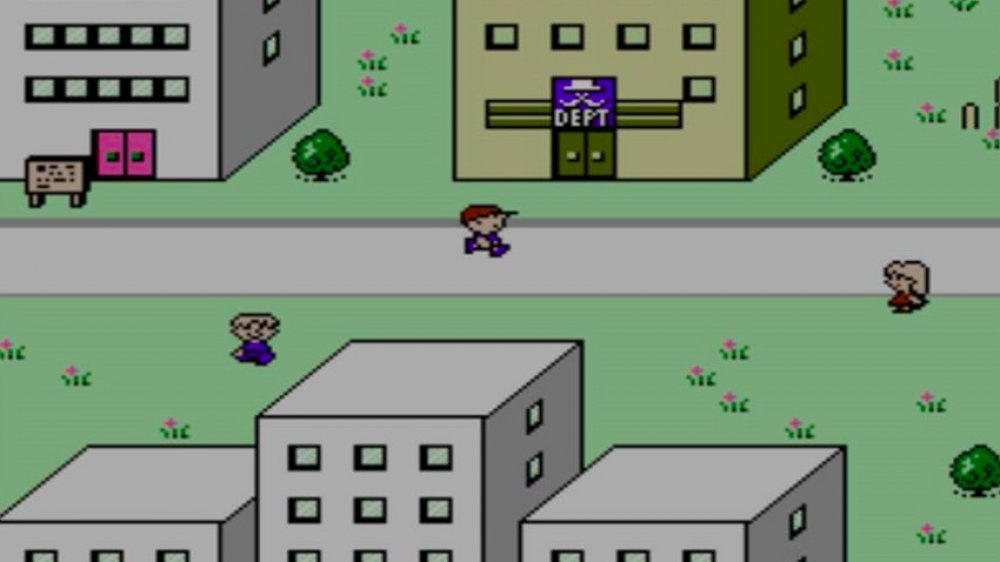Creative Ways Games Punish Pirates
Most people know that pirating a copy of a game is wrong. Of course, this doesn't always stop people from using less-than-legal means to obtain a game they really want. The damage that can be done from pirating games, however, can lead to serious issues for game developers and lost funds that would have otherwise gone to creating more games in the future. Because of this, pirating games is often more serious than simply getting something for free. It means lost revenue for the people who make the games we love.
So, how do developers fight back against pirates? Sometimes it's just the standard broken game that you'd expect from a bootlegged product. Other times the developers take a good amount of joy in punishing those who have done them wrong. From slowly breaking your game to leaving terrifying cryptic messages in the audio files, here are some of the creative ways games punish pirates.
La Abadia Del Crimen literally calls out pirates
Many gamers may not be familiar with the 1987 Spanish language game La Abadia Del Crimen, but that doesn't mean its developers skimped on the anti-piracy measures. In fact, game developer Paco Menendez went the extra mile to make sure any potential pirates would be scared off of the practice forever. His terrifying easter egg for pirates is nothing short of nightmare-fuel.
If you manage to get your hands on a pirated copy of La Abadia Del Crimen, things will seem normal at first. The game will let you play through a portion of the game with no problems. You may even think you've gotten away with your crime. That couldn't be further from the truth.
Eventually, in one room in the abbey, gamers will hear the word "Pirata" repeated over and over again. This is the Spanish word for pirate. The word itself would be enough to make any pirate nervous, but the fact that the word is repeated in an increasingly slow and ominous tone only makes it that much more horrific. Eventually, once the developer feels you've suffered enough, your game will crash and you'll lose all of your progress.
Five Nights at Freddy's has even more jumpscares
For fans of horror games, Five Nights at Freddy's is a staple of the genre. The hugely popular game that made all gamers swear off attending Chuck E. Cheese birthday parties for life has proven that you don't need a big budget for big scares. FNAF creator Scott Cawthon has also proven that he's not afraid to troll his fans. In fact, he's become somewhat famous for it. This love of trolling has extended to Cawthon's desire to punish those who try to pirate his game.
Supposedly, if you obtain a pirated copy of the first Five Nights at Freddy's game, you'll get more than just your standard round of jumpscares. Instead, every time you try to exit the game, you'll receive an additional unscripted jumpscare, just to make sure you're never quite comfortable with your questionable moral decisions. Of course, video of this anti-piracy measure has yet to be found, so it's possible this particular tale is nothing more than a rumor. If it isn't real, Mr. Cawthon may want to take notes for future anti-piracy measures.
Far Cry 4's FOV patch isn't for pirates
Fans of the Far Cry series were anxious to get their hands on Far Cry 4. Some of these fans, however, were a bit too impatient to wait for the actual release date. Resorting to piracy to obtain their copy of the game would prove to be a grave mistake if they hoped for normal gameplay.
In the normal version of Far Cry 4, an option is given to adjust the FOV (field of view) so that action sequences on a vehicle don't make you lose your lunch. In the pirated copy, however, that option doesn't exist. This means that gamers who play an illegal copy of the game would find their screen almost impossible to decipher any time they got on a vehicle. The environment would suddenly speed up into a blur that made it impossible to navigate successfully.
When pirates complained about this feature, developers responded that they had a patch in place for the release date to fix this bug, effectively calling out the pirates for getting a copy early.
Go home, GTA 4 -- you're drunk
The developers over at Rockstar decided to have a bit of fun at the expense of dishonest players. When they released Grand Theft Auto 4, they included a special present for those who decided to pirate the game rather than buying it legally. This anti-piracy measure was anything but subtle, which is about what fans have come to expect from Rockstar.
The second you boot up a pirated copy of Grand Theft Auto 4 you'll know something is seriously wrong. The camera sways violently back and forth through gameplay and cutscenes alike. This swaying isn't a subtle motion either, it's a full on drunken swing from side to side. This camera issue makes the game completely impossible to play. Not only can you not drive when the camera is moving so violently from side to side, but you're also likely to get motion sickness before you even make it through your first mission. Even if the anti-piracy measure lacked subtlety, it was supremely effective.
The Sims 4 demands privacy
The Sims franchise has never shied away from the sillier side of things. The made up Simlish language alone can attest to this fact. So it stands to reason that the anti-piracy measures set in place by the developers over at EA Games would be just as silly, if not slightly frustrating. Of course, if you didn't want a frustrating gameplay experience, you probably shouldn't have pirated the game in the first place.
Pirated versions of The Sims 4 included a clever way to keep pirates from getting the full experience from their illegal copy of the game. When a character in The Sims uses the restroom or takes a shower, the screen will automatically pixelate them to maintain their virtual privacy This is true of all Sims games. In a pirated version of The Sims 4, however, this pixelation won't go away once your Sim is done doing their business. Instead, the pixelation will slowly grow until it covers the entire screen, making the game completely unplayable.
Players who took to the internet to complain about the "bug" would also be promptly outed as pirates, which is just the icing on the cake.
Game Dev Tycoon serves poetic justice
The developers of the indie title Game Dev Tycoon came up with the most poetically hilarious way to get back at those who pirated their game. Piracy is especially harmful to small indie companies who are trying to create games to release into the world, as the losses impact their bottom line in a much more significant way than big publishers. This is why the anti-piracy measures put into place in Game Dev Tycoon are so perfect.
At first, a pirated copy of Game Dev Tycoon will seem to run smoothly. You may even think there are no anti-piracy measures in place. This misconception will soon be cleared up. As soon as your game development studio begins making some money and gaining success, you'll start to hemorrhage funds unexpectedly.
When a gamer investigates to see where all of their money is going, they'll see that people have pirated their game, thus destroying any chance they had at making a profit. If there was a perfect example of karma, this would be it.
The Talos Principle isn't messing around
The 2014 puzzle game The Talos Principle is an indie hit that continues to gain popularity long after its release. With environments that combine ruins, natural greenery, and futuristic machinery, it's a unique experience. As gorgeous and immersive as it is, though, the game isn't scared to let pirates know exactly what it thinks of them. This is thanks to the developers, who wanted to discourage any illegal dowloads.
Players who use less-than-virtuous methods to obtain their copy of The Talos Principle will find their gameplay experience is somewhat lacking. In the game, there's an elevator that takes players between hub stops and thus allows you to progress to different areas. In the pirated version, however, players will find that the elevator stops mid-trip and traps them inside, effectively preventing them from progressing in the game.
In addition to this little snag, pieces of dialogue and most of the subtitles are also missing from the game. Long story short, it's better if you just buy the game instead of pirating it.
Batman: Arkham Asylum tests your moral fiber
The Batman games are fan favorites among DC fans and gamers alike. Combining the somewhat cartoony whimsy of past iterations of Batman with the grittier versions that modern filmmakers have embraced, they have something for everyone. This is why the announcement of the 2009 Batman: Arkham Asylum had the gaming community so excited. Some fans, however, were a bit too eager to get their hands on the game.
In pirated copies of Batman: Arkham Asylum, an anti-piracy measure was masquerading as a glitch. When players tried to open Batman's cape to enable the gliding feature, not only would the cape not open, but the player would also fall into poisonous gas, killing them. The best part of this "glitch" was the fact that players took to the Eidos forums to complain about it. This gave the Eidos moderators the chance to call the pirates out.
This interaction also gave birth to the classic line, "It's not a bug in the game's code, it's a bug in your moral code." Burn.
Command and Conquer: Red Alert 2 doesn't care about your resources
The real-time strategy game Command and Conquer: Red Alert 2 was released in 2000 as a follow up and conclusion to the first game in the series. This game, like many other real-time strategy games in the genre, focused on a player's ability to manage a military force, ration resources, and plan attacks. This means it was of the utmost importance that players had the resources necessary to defeat their enemies. This became difficult with one particular anti-piracy measure that was put into place.
About thirty seconds after starting up their pirated copy of the game, a massive explosion would destroy every resource the player had, making it impossible to progress any further. Unaware that what they were experiencing was an anti-piracy mechanic and not a glitch, many players took to the internet to complain about troubles they were having with Command and Conquer: Red Alert 2. Many online have accurately pointed out that it would have been more punishing to let these players get further into the game before blowing up their resources, but we have to admit: the early detonation was satisfying to watch.
Take On Helicopters takes on pirates
Game developer Bohemia Interactive is a small company who knows how much piracy can hurt a newly released game. In an interview with Eurogamer, Bohemia Interactive CEO Mark Spanel said the studio was, "trying to focus our support as much as possible towards users of the legitimate copies" of the games. For Spanel, this meant finding quick ways to distinguish legitimate complaints of bugs in the game versus issues with pirated versions.
To distinguish between these two things, developers at Bohemia Interactive implemented several anti-piracy measures into their 2011 title Take on Helicopters. One of the most obvious is a deteriorating image that gets progressively worse over time. The longer you play your pirated copy of the game, the worse the image will get until the game itself is unplayable.
Unaware of the fact that this issue came about because of anti-piracy measures, several users took to the developer's official forums to complain about their experience. The response from Spanel was to ask the player for a proof of purchase of the game that they obviously couldn't provide. It was a nice subtle jab at the dishonest gamers.
Mirror's Edge isn't quite as fun when it's stolen
It should be pretty obvious that a game revolving around parkour and mantling would require a certain level of speed and agility on the part of the main character. So what happens when you take away the player's ability to run? A game that's impossible to progress through.
The 2008 title Mirror's Edge centers itself around jumping between high buildings, scaling walls, and finding the most creative ways to get between two points. The main character Faith is impossibly agile, making the experience that much more enjoyable as she performs stunts us mere mortals wouldn't dream of. If, however, you decided to get your copy of Mirror's Edge illegally, you'd find that the experience wasn't quite as satisfying.
About halfway through the tutorial of a pirated copy of the game, players found that Faith would suddenly become sluggish. Instead of bolting up to the sheer drop offs, she would instead slow to a stop. If you attempted to jump from one building to another, you'd simply fall off the edge to your death. Not quite as fun as soaring majestically through the air like you would in the legitimate copy.
Crysis Warhead's anti-piracy may have backfired
Normally, anti-piracy measures in a video game are supposed to make the game less enjoyable to play. What happens when the anti-piracy measures are not only funny, but something that gamers would want to experience? It might just backfire and turn those who normally wouldn't want to pirate a game into full-blown pirates. It's not clear if Hungarian game studio Crytek Budapest knew this would be the case when they implemented a humorous anti-piracy measure into Crysis Warhead.
When playing a pirated copy of Crysis Warhead, players will find that their guns no longer shoot bullets. In fact, all of their ammo will be turned into chickens. That's right, chickens. All guns, no matter what their normal function should be, will begin firing poultry at your enemies. While this does meet the criteria of making the game unbeatable, it's also hilarious and is something most players would want to see for themselves first hand. So, even though the anti-piracy measures were well-intentioned, it may have been better for Crytek Budapest to create a mechanic that isn't so entertaining to experience.
Earthbound has the cruelest anti-piracy measures
The 1995 release of Nintendo's Earthbound was seen as something of an unsuccessful endeavor originally. However, years later, this title is still viewed as a beloved cult classic that has stood the test of time. Playing as Ness, you're tasked with saving the world from the alien force Giygas. Of course, if you decide to save the world dishonestly with a stolen copy of the game, the developers will tortue you with a number of creative anti-piracy measures.
When you first begin playing a pirated copy of Earthbound, things don't seem so bad. You'll get a few simple messages about how pirating is wrong and how the game should not be compatible with your system. It doesn't stop there. Earthbound will spawn far more enemies in a pirated copy than it does in a normal copy of the game. These enemies will also be harder to beat. If you manage to get to the end of the game against these impossible odds, you'll be met with the cruelest bit of anti-piracy programming ever. The boss fight against Giygas will freeze, your system will reset, and all of your save files will be erased.
Still think pirating is worth it?

